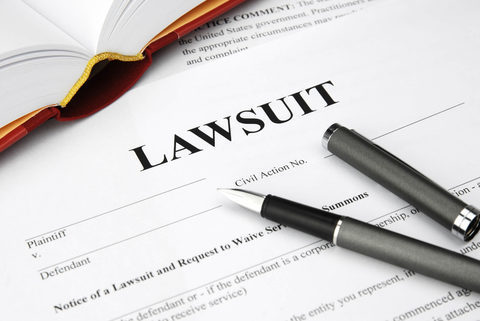The settle-and-sue legal malpractice claim has been traditionally disfavored by courts across the country. Courts often cite to practical and legal concerns with the theory, to say nothing of the bind it puts on an attorney looking to resolve a case. In a recent decision from the New Jersey Appellate Division, settle-and-sue may not have been at issue, but that in itself causes some concern in a case remanded for trial to determine the difference between a verdict and what the plaintiff settled for prior …
Continue Reading


